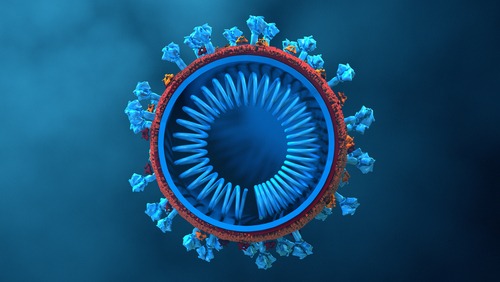
The Biomedical Advanced Research and Development Authority (BARDA), a division of the U.S. Department of Health and Human Services, announced Tuesday it had partnered with a number of industry and academic organizations to advance next-gen diagnostics to detect respiratory viruses in a single test.
BARDA’s Division of Research, Innovation, and Ventures (DRIVe) said it is collaborating with BugSeq Bioinformatics in Vancouver, British Columbia; the Center for Infection and Immunity at Columbia University Mailman School of Public Health in New York City, New York; Jumpcode Genomics; and the University of California San Francisco (UCSF) Clinical Microbiology Laboratory to look into next-generation sequencing technology for the development of agnostic diagnostic tests. BARDA said the NGS assays can sequence all types of DNA or RNA and use the information gathered to identify pathogens present, including respiratory viruses like SARS-CoV-2.
Currently, the technology is being used for surveillance and COVID-19 variant detection but has not been established as a medical diagnostic.
“Expanding commercial NGS-based agnostic diagnostic capabilities could enable early identification of infections from pathogens of concern and could also provide a broad capability to identify and track variants as they arise,” BARDA said in a release.
BARDA said DRIVe partners will use their in-house NGS capabilities for commercial clinical use, including lowering the sample-to-result time to under 24 hours, reducing interference from host RNA, and performing analytical validation of the platform using bother contrived and clinical respiratory samples. These optimizations, the partners said, will address some of the constraints of the NGS Assays to yield a faster diagnosis, categorization, and identification of existing, new, and emerging pathogens.




